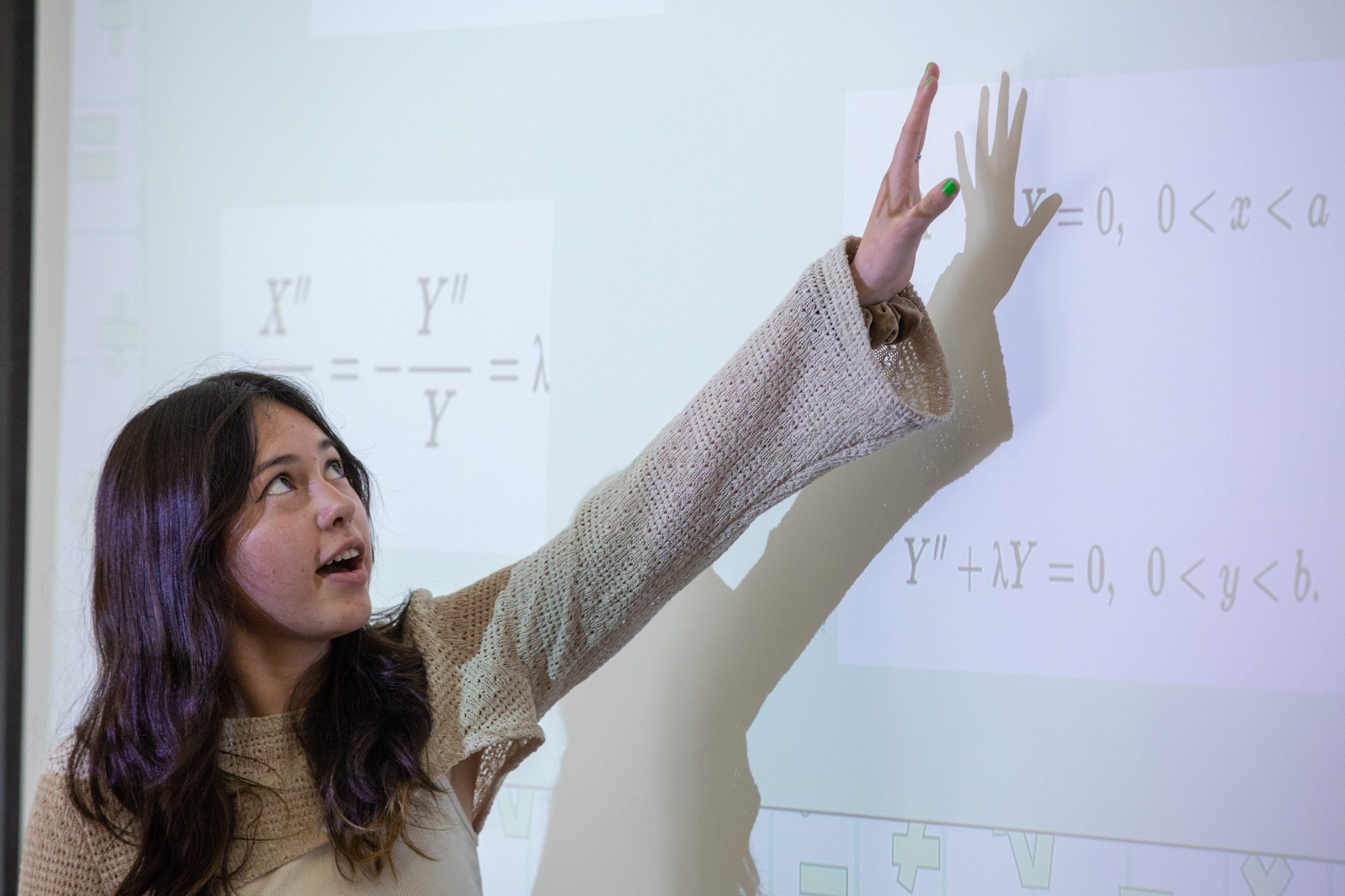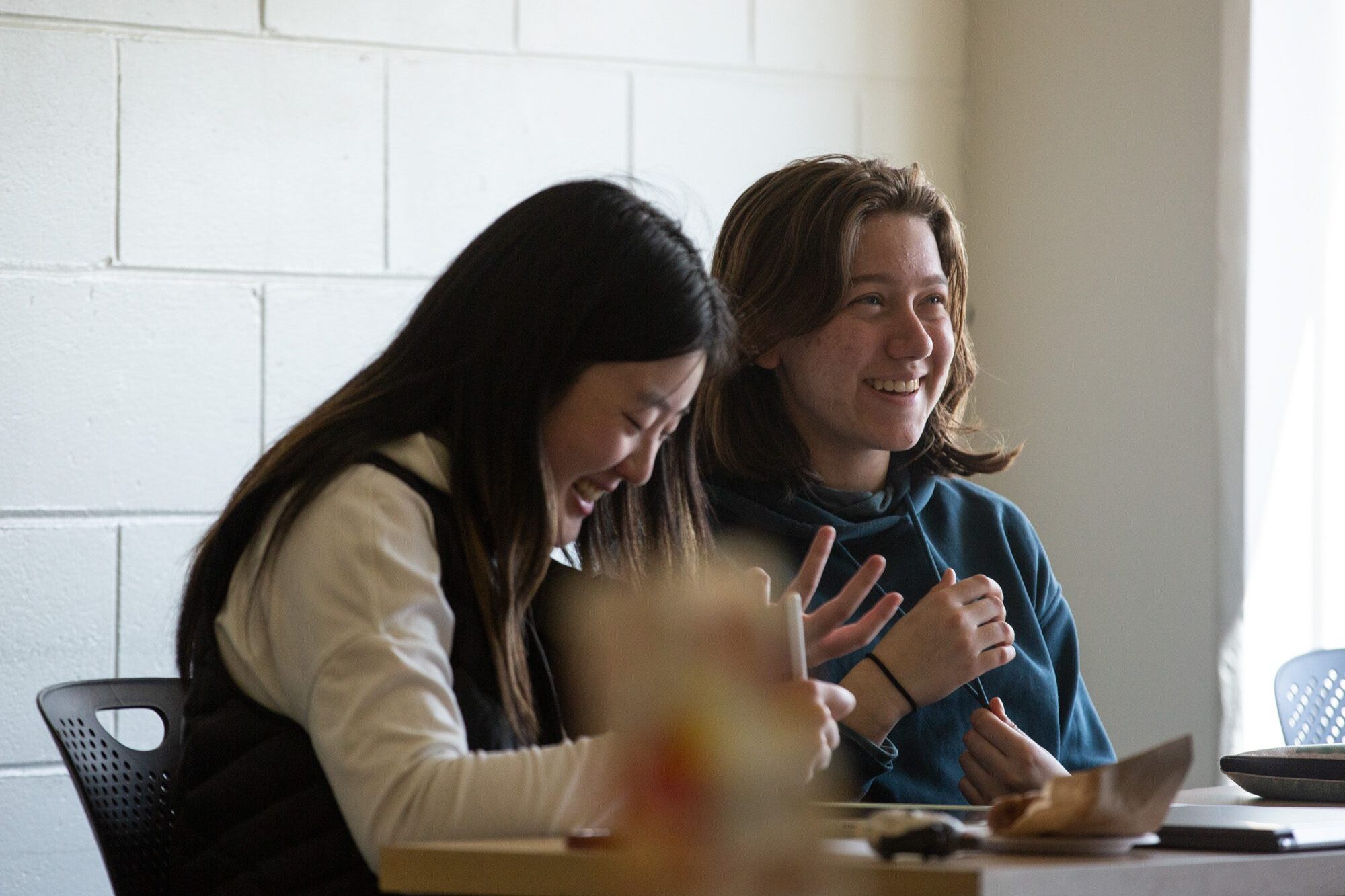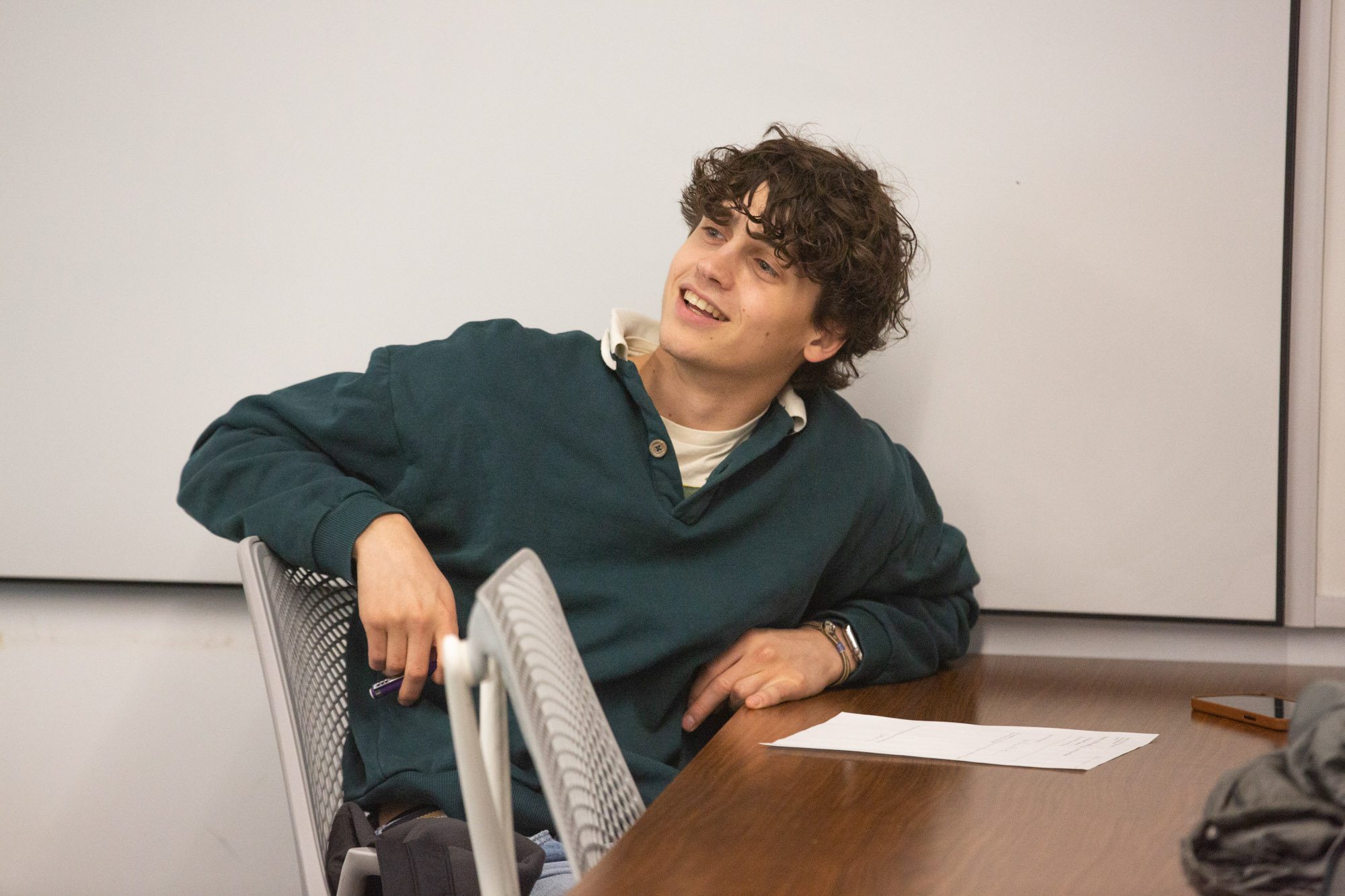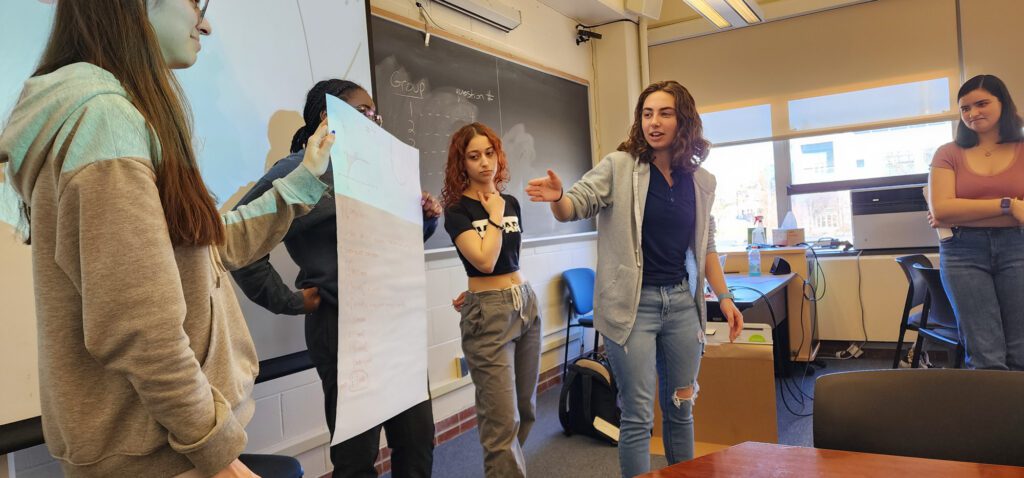How it Works
The competition is designed to equip entrepreneurial student teams with the skills to assess the optimal technology commercialization pathway, whether through corporate licensing or the launch of a venture-funded startup. Using faculty-submitted and disclosed technologies, the student teams will develop commercialization plans with guidance from industry experts and Engineering Entrepreneurs-in-Residence. The students will gain valuable hands-on experience while advancing strategies for the optimal commercialization of innovative ideas.
-
Faculty Submit Projects
Faculty members submit disclosed and available Cornell intellectual property for evaluation of its commercialization potential. This is an opportunity for the faculty to see their work through a new lens and identify possible pathways to scale and impact.
-
Student Teams Formed
Teams of motivated students will be assigned to the submitted projects and paired with experienced commercialization professionals.
-
Faculty Designate a Technology Expert
To ensure students have the necessary support, we require the faculty submitter to designate a technology expert who will be available for consultation on technology questions by the students as needed during the project. The designated expert can be a Ph.D. candidate, or a postdoctoral researcher, or the faculty member themselves.
-
Student-Led Analysis
Teams will work with mentors to:
- Extract relevant market, competitor, and trend data.
- Conduct a first-pass assessment of the technology’s commercialization potential.
- Draft and pitch an initial commercialization plan to a panel of experts.



Student Application and Participation Information
Do you want to transform groundbreaking research into real-world solutions while developing versatile skills that prepare you for careers in innovation and business? We’re excited to invite you to be a paid participant in our Technology Commercialization Innovation Competition, designed to give you hands-on experience in assessing cutting-edge faculty research for commercialization.
-
Program Duration
January 24 – May 2, 2025
-
Ideal Applicant
- You are an engineering undergraduate or master’s student.
- You are a team player.
- You have previously shown an interest in entrepreneurship (courses, competitions, pitches, hackathons etc.).
- You want to be a part of a program that drives innovative technology commercialization.
-
Application Process
- Applications should consist of a one-page CV and 250-word essay on your entrepreneurial interests.
- Send your submissions to innov_entrepr@cornell.edu with the subject line “Innovation Pilot Program Student Submission.”
- Application Deadline: Jan. 31, 2025
-
Selection Process and Program Expectations
- Participants will be selected based on their entrepreneurial mindset and preparedness as conveyed in their applications.
- Student participants will meet for one hour every Friday over the course of the program.
- All selected students will receive a $500 stipend to participate in the program.
- Students will be assigned to teams, and faculty projects will be assigned to each team, by Office of Innovation staff.
- Teams will be mentored by faculty and industry experts to gain skills in market research, intellectual property, financial modeling, and market strategy.
- Teams will develop a commercialization plan for their assigned faculty-submitted projects.
- Teams will compete for recognition and awards in a final pitch event judged by industry leaders.

Submission Details for Faculty
Please submit the following information by January 30, 2025
- Cornell Docket Number, project/technology description, and current development stage.
- The name and contact information of the designated technology expert.
- Potential applications and/or commercialization challenges.
Submissions should be sent to innov_entrepr@cornell.edu with the subject line “Innovation Pilot Program Submission.”
Please note, for this pilot program student participants will be paid and, in return, will assign the work product to Cornell University. All strategies developed will be owned by Cornell University.
